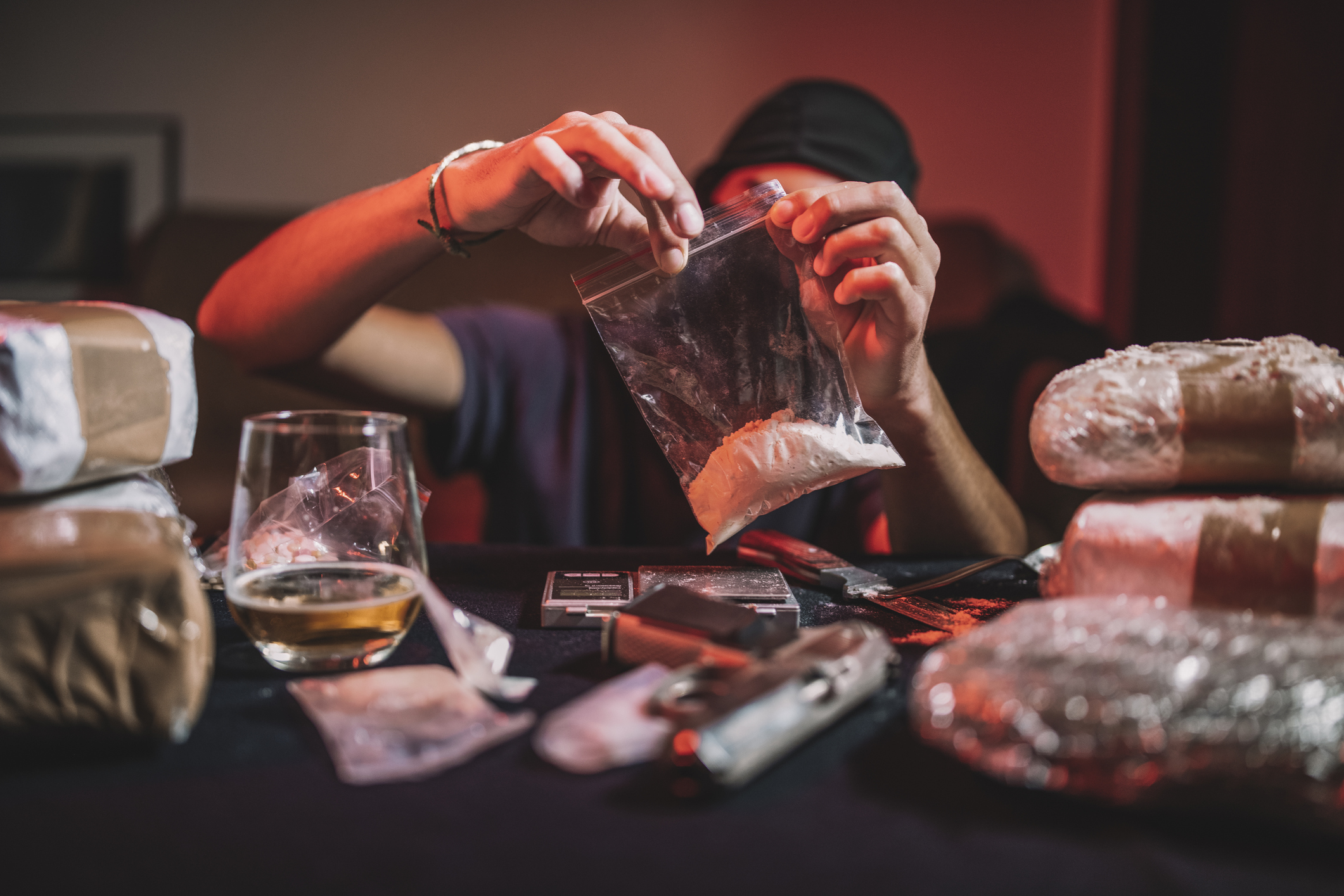Effective Defences Against Toronto Drug Trafficking Charges
Drug trafficking laws in Canada are strict, and a conviction can mean severe penalties, including years in prison, a criminal record, and damage to one’s personal and professional life. However, being charged doesn’t mean that a conviction will follow. Defendants have rights, and various defences can be used to fight drug trafficking charges in Toronto.
Unlawful Search and Seizure
One of the most effective defences against drug trafficking charges in Toronto involves challenging how the police obtained the evidence.
Police must follow strict procedures to conduct a lawful search. They need a warrant unless they can justify an exception, such as in cases of immediate danger. Any evidence, including drugs or other materials found, may be excluded from trial if a search is conducted without following legal procedures. Without this key evidence, it’s often difficult for prosecutors to prove drug trafficking charges.
Lack of Knowledge
Drug trafficking charges require knowledge and intent. This means that the prosecution must prove that the accused knew they had drugs in their possession and intended to distribute or traffic those drugs. A lack of knowledge defence might apply if the drugs were found in a shared vehicle or apartment, where other people also had access. For instance, if a person borrowed a friend’s car without realising there were drugs in the trunk, a lawyer could argue that the accused was unaware of the presence of drugs. Intent to traffic is challenging to prove if the prosecution cannot demonstrate that the accused knowingly had drugs and planned to distribute them.
Lack of Intent to Traffic
Simply possessing drugs isn’t enough to convict someone of trafficking. The prosecution must prove intent. This defence focuses on the accused’s lack of intention to distribute or sell drugs. Perhaps the drugs found were for personal use, or maybe they were held for someone else temporarily without any intent to traffic. For example, if only a small amount of drugs was found or there were no other trafficking-related items, like scales, cash, or packaging materials, this could support a lack of intent to traffic. Without clear signs of trafficking, the defence may argue for a lesser charge, such as simple possession.
Entrapment
Entrapment is a defence that applies when law enforcement officers convince or pressure someone into committing a crime they would not otherwise have committed. This defence is often used in cases where undercover operations are involved. For instance, if an undercover officer pressured or manipulated the accused into trafficking drugs, a defence lawyer might argue that their client was entrapped.
Mistaken Identity
Sometimes, drug trafficking arrests are based on mistaken identity. This arises when the police investigate large drug networks or operations involving multiple suspects. If law enforcement relies on witness statements or unclear video footage, they may misidentify the accused as someone involved in drug trafficking.
In these cases, a defence lawyer might gather alibi evidence, surveillance footage, or other documentation to demonstrate that their client was not involved. This defence can be especially powerful if there is no direct evidence linking the accused to the drugs in question or if their whereabouts at the time of the alleged crime are verifiable.
Police Misconduct
Police misconduct might include evidence tampering, excessive force, or witness manipulation. If the defence finds evidence that police acted improperly during the investigation or arrest, they can use this to challenge the case’s credibility. Examples of misconduct include planting evidence, falsifying reports, or coercing witnesses to testify against the accused. When police misconduct is involved, it can lead to the removal of evidence or even the dismissal of the charges.
Violation of Rights
In Canada, the Charter of Rights and Freedoms guarantees protections to anyone accused of a crime. These include the right to remain silent, the right to legal representation, and the right to be free from arbitrary detention. The defence can argue that the charges should be dismissed if any of these rights were violated during the arrest or investigation. For instance, if an individual was detained without being informed of their right to a lawyer, this could be grounds to dismiss the case. Similarly, if an accused person was coerced into making a statement without understanding their rights, the defence could move to have that statement excluded from evidence.
Challenging the Prosecution’s Evidence
A thorough defence against drug trafficking charges often involves challenging the reliability or accuracy of the prosecution’s evidence.
Drug trafficking cases can depend upon a variety of evidence, such as intercepted communications, financial records, or testimony from informants. However, this evidence may not be as solid as it appears. For example, intercepted messages could be taken out of context, or informants may have ulterior motives including reduced sentences in exchange for testifying. Defence lawyers can question the credibility of informants or argue that intercepted communications are ambiguous. The goal is to highlight weaknesses in the prosecution’s case and create reasonable doubt.
What Happens After a Successful Defence?
If any of these defences are successful, it could result in the charges being dismissed or reduced. Weakening the prosecution’s case with a strong defence strategy often results in a more favourable outcome for the accussed, such as a plea deal for a lesser charge or a reduced sentence.
William Jaksa Criminal Litigation Defends Against Drug Trafficking Accusations
Don’t let drug trafficking charges define your future. At William Jaksa Criminal Litigation, our experienced Toronto criminal defence team will defend your rights and build a powerful strategy to protect your freedom. We’re dedicated to finding weaknesses in the prosecution’s case, whether through challenging evidence, exposing unlawful searches, or demonstrating a lack of intent. Contact us at 647-951-8078
to schedule a consultation.






